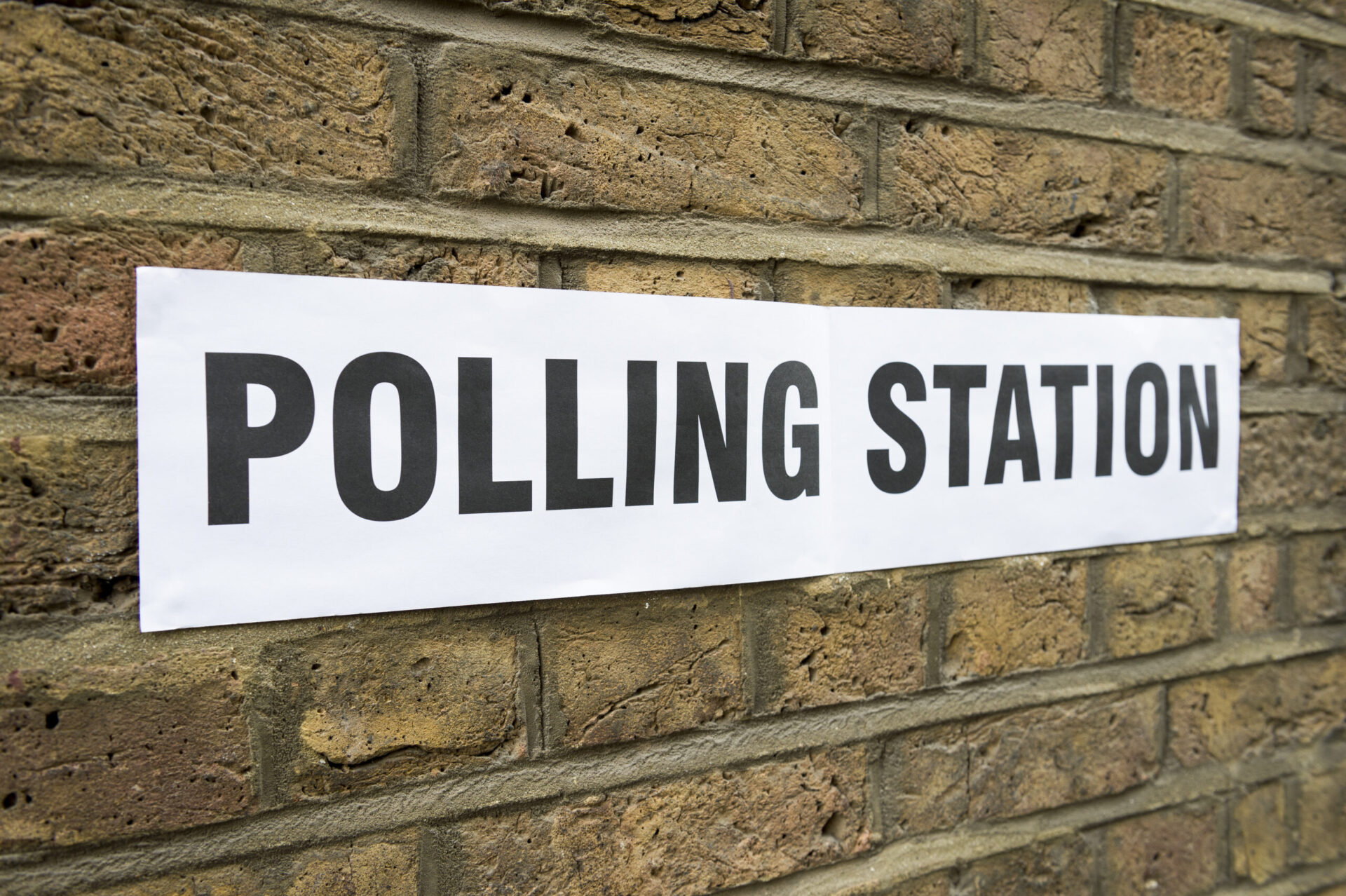The electoral power of place
 It’s almost certain that we will be asked to go to the polls sometime in late November to decide who should be our next Prime Minister.
It’s almost certain that we will be asked to go to the polls sometime in late November to decide who should be our next Prime Minister.
Whilst the decision to leave the EU is clearly going to be a central plank of the general election campaign, I’m interested more in the emerging debate about how best to secure economic growth in the ‘left behind’ areas of the country, many in the North West.
Town Deals
Last week, the Housing Secretary announced the locations invited to develop proposals (to be known as Town Deals) in order to claim a share of the government’s £3.6bn Town Fund. The fund will target regeneration plans for towns perceived to have been left behind in recent decades, including 45 across the North. The full list can be found here.
Others have already pointed out the close correlation between the winning towns and the constituencies the Conservative party needs to win to form a majority at the next election.
The fact that places like Barrow, Rochdale, Crewe and Darwin are being given money to draw up plans to ‘transform’ their economic growth is a sign that politicians at Westminster have woken up to the electoral power of place in the minds of voters. Something that has been evidenced in local and general elections ever since the 2016 EU referendum.
In the wake of the 2019 local elections I wrote about the march of independent candidates being elected on ultra-localist platforms. A phenomenon that continued most recently in Bury, with Radcliffe First’s success over Labour in August.
A new book by David Skelton called Little Platoons looks to provide answers to why people’s sense of place may explain the Brexit vote. It offers solutions to how the UK economy could be rebalanced so that ‘left behind’ areas are no longer forgotten through state intervention.
Agglomeration
Others aren’t convinced that reviving the economic fortunes of towns is the answer. Instead, the agglomeration of northern city regions through better connectivity, investment in infrastructure and more local decision-making is the answer. Projects like Northern Powerhouse Rail and calls for further devolution to existing metro mayors will not only benefit Manchester, Liverpool and other city regions but will also lift prosperity in ‘left behind’ areas by opening up employment and training opportunities to those who can’t currently access jobs in our major cities.
Talking to business leaders this week, Mayor Andy Burnham spoke about the ambition to improve a place (Greater Manchester in this instance) as being “perhaps the only unifier” in politics at the moment. A platform that I can certainly sign-up to.
How a place should be improved and which places should be at the front of the queue will undoubtedly be more contentious. The forthcoming election campaign may reveal that there is more to debate than first meets the eye.
BECG is the UK’s leading sector specialist consultancy for the built environment, providing private and public sector clients with expert counsel and strategic advice. Find out more at www.becg.com
Selected industry experts bring you insight and expert advice, across a range of sectors.
Subscribe for free to receive our fortnightly round-up of property tips and expertise
Selected industry experts bring you insight and expert advice, across a range of sectors.
Subscribe for free to receive our fortnightly round-up of property tips and expertise



